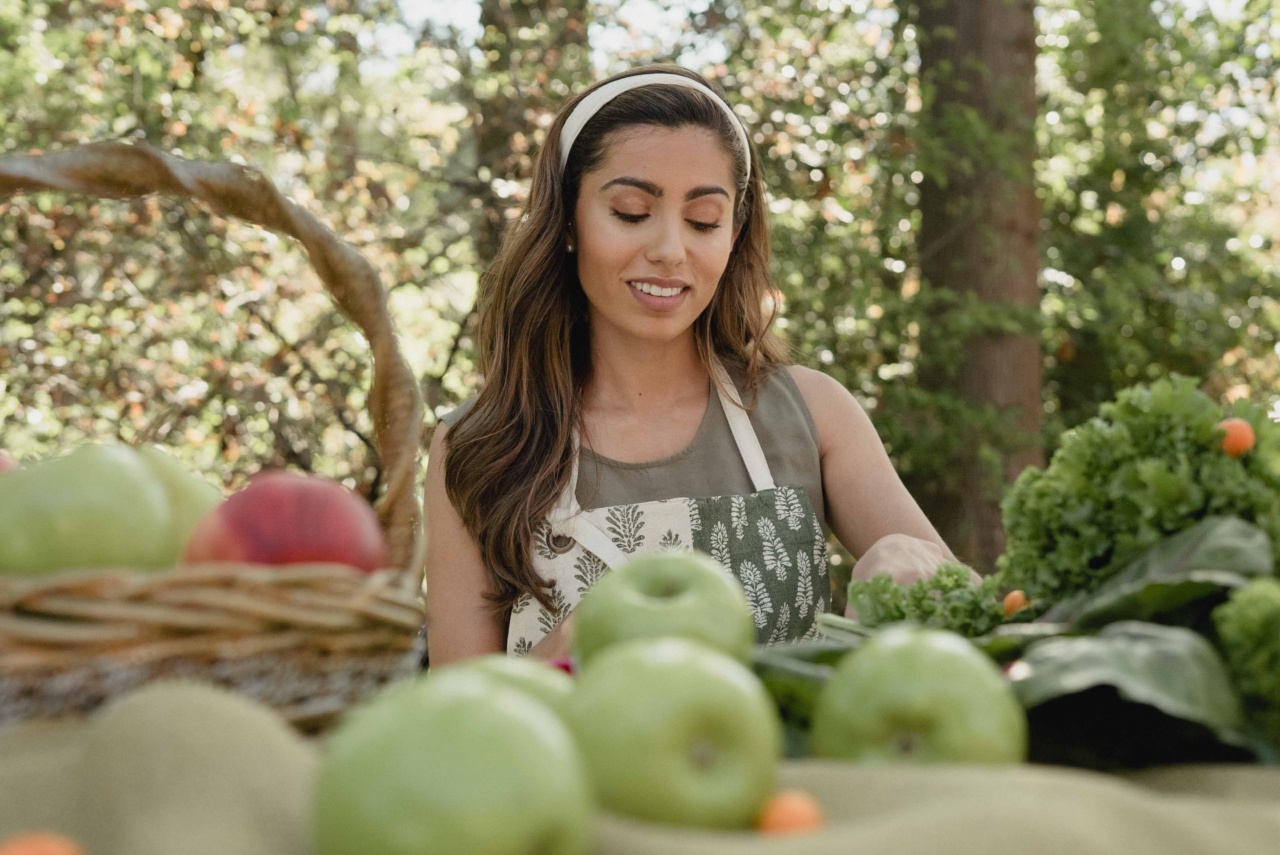Are you one of the many individuals who frequently experiences bloating? That uncomfortable feeling of fullness and tightness in the abdomen can be quite distressing.
While there can be multiple factors contributing to bloating, your diet plays a significant role in this digestive woe. Certain foods, including vegetables, can cause bloating and discomfort in susceptible individuals.
Understanding Bloating
Bloating occurs when excess gas builds up in your stomach or intestines, causing them to stretch. This can lead to a feeling of being full, tightness, and sometimes even pain.
While the occasional bloating is normal, persistent bloating can have a significant impact on your quality of life and overall well-being.
Various factors can contribute to bloating, including but not limited to unhealthy eating habits, inadequate water intake, gastrointestinal disorders, and specific foods that are difficult to digest.
Vegetables, although highly nutritious, can be problematic for some individuals due to their natural components that can cause gas production in the digestive tract.
10 Vegetables to Avoid for Reduced Bloating
1. Broccoli
While broccoli is an excellent source of vitamins, minerals, and fiber, it is also notorious for causing bloating. This cruciferous vegetable contains raffinose, a carbohydrate that the human body struggles to break down efficiently.
As a result, undigested raffinose moves into the large intestine, where it ferments, leading to gas and bloating.
2. Cauliflower
Cauliflower, like broccoli, belongs to the cruciferous vegetable family. It contains a considerable amount of raffinose, which can cause bloating in susceptible individuals.
If you notice a correlation between consuming cauliflower and bloating, you may want to limit your intake or consider alternative vegetables.
3. Cabbage
Similar to its cruciferous counterparts, cabbage is rich in raffinose and can contribute to bloating. Moreover, cabbage also contains sulfur compounds, which can cause gas and discomfort in some individuals.
Cooking cabbage thoroughly can help reduce its bloating effects.
4. Onions
Onions, though flavorful and commonly used in various dishes, contain fructans, a type of carbohydrate that can cause bloating and digestive distress.
Fructans are known to be FODMAPs (Fermentable Oligo-, Di-, Mono-saccharides, And Polyols), which are substances difficult to digest for some individuals, particularly those with irritable bowel syndrome (IBS) or a sensitive gut.
5. Garlic
Similar to onions, garlic is another member of the allium family that contains high amounts of fructans. These fructans can ferment in the gut, leading to gas production and bloating.
If you are prone to bloating, reducing your garlic consumption or using garlic-infused oils may help alleviate symptoms.
6. Asparagus
While asparagus is a nutrient-dense vegetable, it also contains a carbohydrate called raffinose, which can contribute to gas and bloating.
Asparagus can have a diuretic effect, which may exacerbate bloating in individuals who are not adequately hydrated.
7. Brussels Sprouts
Brussels sprouts are another cruciferous vegetable that contains raffinose, contributing to bloating in susceptible individuals. Additionally, like cabbage, Brussels sprouts also contain sulfur compounds, which can add to digestive discomfort and gas.
8. Artichokes
Artichokes are a delicious and distinct vegetable, but they contain a type of fiber called inulin. Inulin is a prebiotic that feeds the beneficial bacteria in your gut, but it can also cause excess gas and bloating in some individuals.
Cooking artichokes or consuming them in smaller portions might help reduce the bloating effects.
9. Beets
Beets are packed with vitamins, minerals, and antioxidants, but they are also known for causing temporary bloating. This root vegetable contains a fermentable carbohydrate called oligosaccharides, which can lead to gas production and discomfort.
10. Legumes
Legumes, such as beans, lentils, and chickpeas, are highly nutritious and a great plant-based protein source. However, they can also be a common culprit for bloating.
Legumes contain complex sugars called oligosaccharides, which are not easily digestible by the human body. These sugars ferment in the large intestine, leading to gas and bloating.
Conclusion
While vegetables are an essential part of a healthy diet, certain ones can potentially contribute to bloating and digestive discomfort.
If you find that you frequently experience bloating after consuming certain vegetables, it may be beneficial to avoid or limit their intake. Remember that everyone’s digestive system is unique, and what causes bloating in one person may not affect another.
Experiment with different vegetables to find what works best for your body and consult a healthcare professional if you experience persistent bloating or other digestive issues.



























